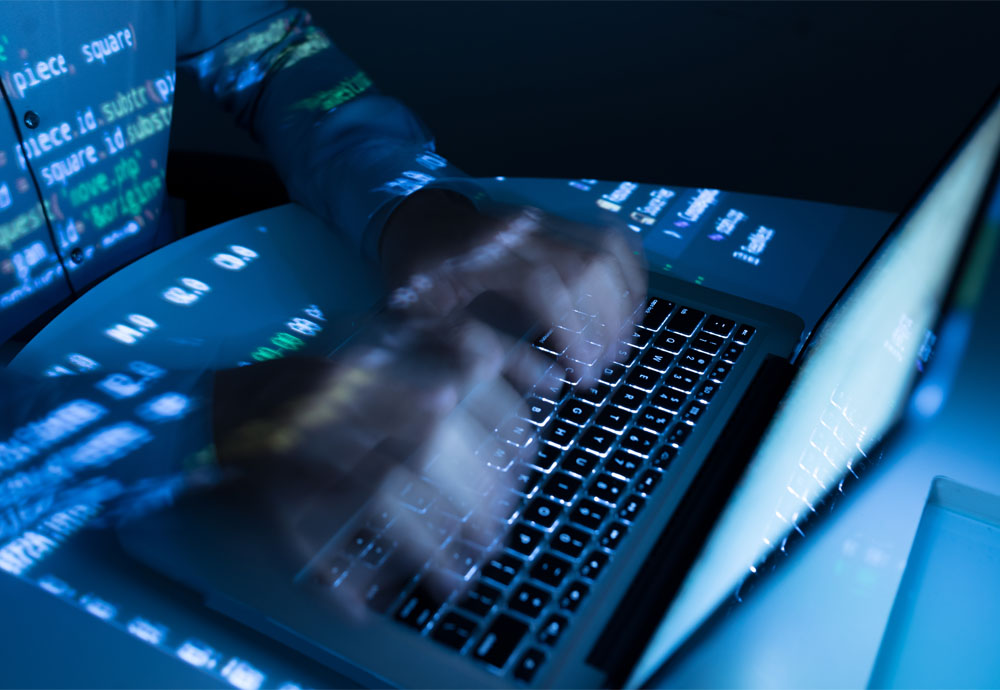Speeding Up A Slow Computer

If your computer is running slow, it is usually very frustrating, but it might be out of the question to buy a new one. Don’t give up, there are a multitude of things you can go over to be sure your computer is running as efficiently as it can. The following are a couple ways to make your computer faster.
-
Check Your Hard Disk Space
It’s wise to keep your hard disk fifteen percent free. When you notice that your hard disk is getting full, you can uninstall some programs and files for improved speed.
-
Close Un-used Tabs
When you have been working on larger project and have tons of tabs open, it might be helpful to close those tabs, then restart your browser. A lot of browsers have the option of restoring previous tabs after you have restarted or closed some of the unused tabs.
-
Delete or Uninstall Large/Unnecessary Files
Any temporary files that were used in during installation, caches and/or cookies from using the internet could take up loads of space on your hard disk.
-
Computer Restart
When you leave your computer on, programs and apps in the background might take over memory. Restarting your computer could refresh memory and enable proper installments to get updated. It’s good idea to shut down or restart your computer at a minimum once a week to keep things running streamlined.
-
Backup Your Data
When you are feeling like your computer stores your whole life of memories, it may be wise to back-up your data. A couple of ways of backing-up your computer:
- Buy an external hard-drive
- Back-up online through Google Cloud, Amazon Drive, Azure, etc.
- Back-up on CD’s or DVD’s and store in a safe place
Backing-up your data enables your computer to free-up space on its RAM and OS, therefore enabling it to run smoother.
-
Uninstall Un-needed Programs
Extra programs that are rarely used should be uninstalled.
-
Stop Un-needed Programs From Starting
When starting your computer, you might discover that other programs start to initialize. Stop this by guaranteeing programs won’t start when you start your computer.
-
Check RAM and Add More When Necessary
RAM, (random access memory, is the storage memory utilized by your computer. The more programs being used, the more RAM is needed. Therefore, your computer might slow down when there isn’t enough RAM, particularly when large files are processing or performing several actions at the same time.
-
Delete Your Browsing History
It’s wise to delete your browsing history from either “all-time” or define how much you want back dated. A lot of internet browsers come with a “History” tab in which you can choose Home or Show Full-History to access.
-
Organize Desktop Icons
By organizing your desktop icons into their own folders, will not only clean up your background, it also cuts down your computer’s RAM usage. Every time your computer turns on, it is required to load each particular icon if you haven’t organized your desktop, that takes up a lot of RAM space. Using this method, your computer just needs to load the few folders on the desktop.
-
Use an Activity/Resource Monitor to Check Memory
An activity and/or resource monitor program is going to show you what programs are taking up the majority of memory and taking up a large portion of your CPU.
-
Repair Disk Permissions
When proper permissions aren’t setup, you could have problems with basic operations on the computer. It’s suggested that you repair disk permissions every couple of months to avoid problems with your computer’s disk.
-
Remove Un-used Languages
A straightforward way to free up some of your computer’s space is to remove un-used languages. Whereas you can accomplish this manually, it is suggested using a program or application that can do it for you.
-
Change Power Plan
If your computer is running slow, it often means that it is running on low-performance, or a battery save mode. Modifying your power plan could make your computer run faster.
Find IT Services in Phoenix, AZ
Wired IT Group is a full-service information technology (IT) vendor, based in Phoenix, AZ. Our team is capable of designing, installing and maintaining all of your IT solutions from network systems to security systems and low voltage cabling.
More Articles About IT Services
- What is Server Security?
- What is Network Security?
- What are Unified Communications?
- Security Camera Installation Cost
- What is Network Management?
- How Do I Install A Security Camera In My Phoenix Arizona Home?
- What is the Going Rate for IT Services?
- What is Server Maintenance?
- What Does Managed IT Services Mean?
- What are IT Services?
- Different Types Of Network Security

